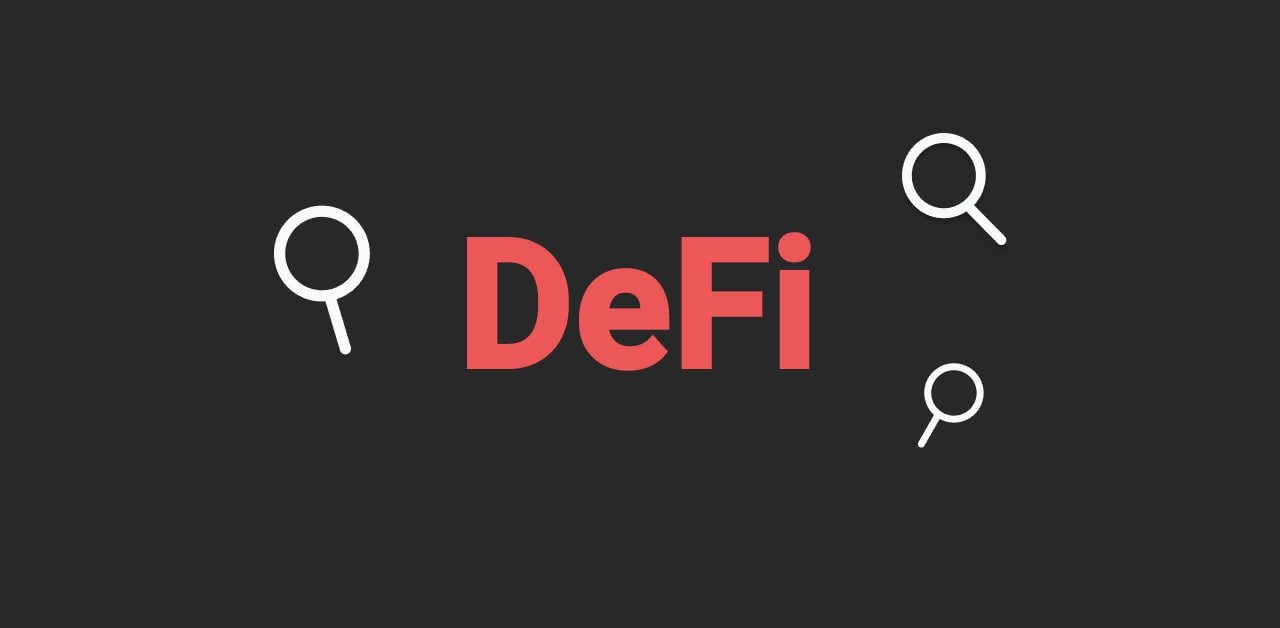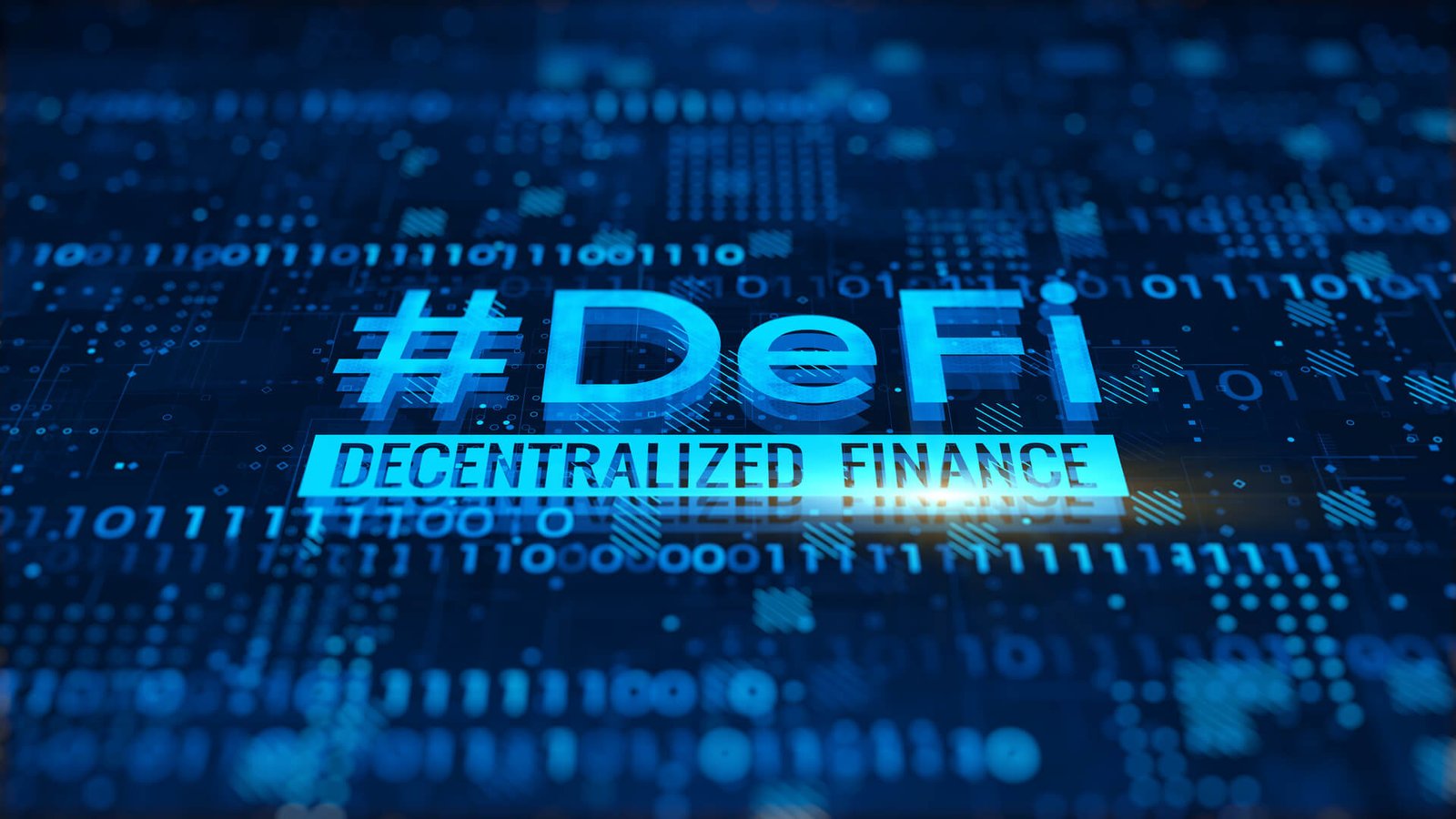Decentralised Finance (DeFi) has changed the financial scene with its innovative substitute for conventional financial systems. DeFi apps use blockchain technology to remove middlemen like banks, enabling anyone to access lending, borrowing, and trading in a distributed and permissionless manner. DeFi comes with significant risks, even if it presents excellent chances for large gains. Here, we will provide professional recommendations on efficiently investing in DeFi, balancing the possible benefits and inherent hazards.
Introduction to Decentralized Finance
DeFi is a collection of financial services and products built on blockchain networks, primarily Ethereum. These services include decentralised lending, borrowing, trading, and savings accounts executed via smart contracts. Unlike traditional finance, where intermediaries like banks manage transactions and accounts, DeFi relies on decentralised protocols without central authorities.
Ethereum’s blockchain is a widely used platform for DeFi, but other blockchains like Binance Account Smart Chain and Solana are also becoming key players. DeFi offers several benefits, including the potential for high returns through yield farming, staking, and liquidity mining. It also promises greater financial inclusion by providing access to financial services for individuals without access to traditional banking systems.
DeFi Investment Opportunities
Investing in DeFi can offer significant returns compared to traditional financial markets. For example, decentralised exchanges (DEXs) and lending platforms provide opportunities to earn interest or rewards by participating in liquidity pools or staking tokens. Yield farming, where investors provide liquidity to DeFi protocols in exchange for rewards, can offer remarkably high yields during periods of high demand.

Moreover, DeFi allows for increased transparency, as transactions are recorded on the blockchain, making them publicly verifiable. The decentralised nature of DeFi also reduces the risk of centralised control or censorship. However, the high potential for returns comes with equal risk. Understanding the rewards and risks involved before making any investment decisions is essential.
Navigating DeFi Investment Risks
Although DeFi is a fast-developingDeFi is a fast-developingDeFi is a fast-developingDeFi is a fast-developingDeFi is a fast-developingDeFi is a fast-developingDeFi is a fast-developingDeFi is a fast-developing field with great potential, the hazards are also somewhat significant. Here is professional guidance on negotiating the DeFi investing landscape.
DeFi Investment Guidelines
One must do an extensive study before investing in a DeFi initiative. You should be aware of the fundamental technology, the aim of the platform, and the project team. Investigate tokenomics—that is, the arrangement of the token supply and the workings of the protocol’s economic incentives. Examine the whitepaper, go over community comments, and evaluate the project’s road map.
Third-party companies’ security audits and companies ‘ eFi initiatives help to guarantee the platform’s integrity. Though the platform is risk-free, knowledge of its weaknesses and the background of any past security lapses is vital.
DeFi Investment Diversification
One of the most important strategies when investing in DeFi is diversification. Like any investment, it’s critical not to put all our eggs in one basket. The DeFi space offers a variety of platforms and investment opportunities—lending protocols like Aave, decentralised exchanges (DEXs) like Uniswap, and yield farming protocols like Yearn. Finance all have unique risk profiles.
Diversifying your investments across different DeFi projects and blockchains can help mitigate the risks associated with any single platform or technology. By doing so, you reduce your exposure to the failure of one platform while still benefiting from the overall growth of the DeFi ecosystem.
Risks in DeFi
Although DeFi presents great possible benefits, it is not without major concerns. Weaknesses in smart contracts are one of the primary hazards. Though smart contracts are meant to be self-executing and unchangeable, coding errors could cause hacks and significant losses. Make sure you pick sites with a solid track record that have seen thorough security audits.
Liquidity presents another danger. Participating in liquidity pools or yield farming causes changes in the value of your assets; this is known as impermanent loss, where the value of your staked assets falls in relation to when you first made the deposits. In volatile markets, this risk is especially important.
Regulatory uncertainty still worries the DeFi space as well. Although DeFi runs outside the purview of conventional financial institutions, governments are increasingly emphasising control over cryptocurrencies and distributed platforms. DeFi investments’ validity and legality are subject to legislative changes, so it is crucial to keep updated about new rules.
DeFi Market Outlook
Though still in its early years, the DeFi Revolution market has great future possibilities. With Layer-2 solutions like Optimism and Arbitrum making DeFi apps faster and cheaper to operate, blockchain technology could also increase scalability and usability. Moreover, Decentralised Autonomous Organisations (DAOs) are predicted to be very important in DeFi governance since they let token holders participate in participatory decision-making procedures, further decentralising financial institutions’ power distribution.

Still, there are difficulties like possible regulatory crackdowns, scalability problems, and security questions. Investors should keep observing these elements and get ready for the changing scene.
Final thoughts
With the possibility of great rewards and greater financial inclusion, DeFi presents one of the most interesting prospects in the financial industry nowadays. DeFi investing, though, calls for a careful, fact-based approach. Through thorough research, portfolio diversification, risk awareness, and long-term growth emphasis, you may negotiate the DeFi space more successfully. Although DeFi carries risks, investors can take advantage of its transforming power with the correct approach and wary attitude.

